By Joanne Lessner
In a world of LOL, pls and kthxbai, does good grammar still count?
If you’re in the communications business, it sure does. If your proposals and press releases—even your emails—are riddled with grammatical errors, your reputation will suffer. Some mistakes grate more than others, and we all have our own pet peeves. I have several. But there’s one that never fails to make me take my ninth-grade English teacher’s name in vain.
Part One: I
“Jane, if you can attend, please respond to Susan and I.”
If you don’t know what’s wrong with that sentence, here’s a simple test. Take out the name Susan. You are left with:
“Jane, if you can attend, please respond to I.”
That is clearly wrong, right? Let me pick up a broken piece of pink chalk, adjust my half-moon spectacles, and explain why.
I/she/he/they/we are subject pronouns. They are active. They refer to the person doing the thing.
I ate the last cookie. She called him on the phone. We went to the store.
Part Two: Me
In the sample above, Jane is the active one. Jane is being asked to give a response, so the sentence should read:
“Jane, if you can attend, please respond to Susan and me.”
“Me” is the object pronoun, along with her/him/them/us. Someone else is doing something to you, for you or with you or is talking about you.
She gave the valentine to me. He walked right by us. I never liked her.
So why do so many people avoid using “me” when it is the correct word? I have a theory about this. Kids often say things like, “Me and Susan are going to the mall,” only to be corrected with “Susan and I are going to the mall.” They hear the correction and think that “me” is somehow a bad word.
But in this case, Susan and I are doing something active—we need subject pronouns. “Me” is the incorrect word in the previous paragraph, but without an explanation, kids are left thinking there’s something inherently wrong with it and they start avoiding it all the time.
Part Three: Myself
Those who know that “I” is incorrect, but still feel like “me” is somehow unsophisticated, might write this:
“Jane, if you can attend, please respond to Susan and myself.”
But that isn’t correct either, because “myself” (also herself/himself/ourselves/themselves) is the reflexive pronoun, meaning you are doing something to yourself. The action reflects back on the subject pronoun like a mirror.
I hit myself in the face with a tennis racquet. He has a high opinion of himself. We like to keep ourselves busy.
Poor “me”! A perfectly good, but much maligned pronoun. Let’s put “me” in its proper place!

